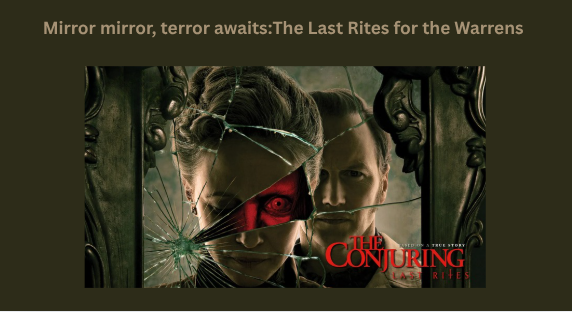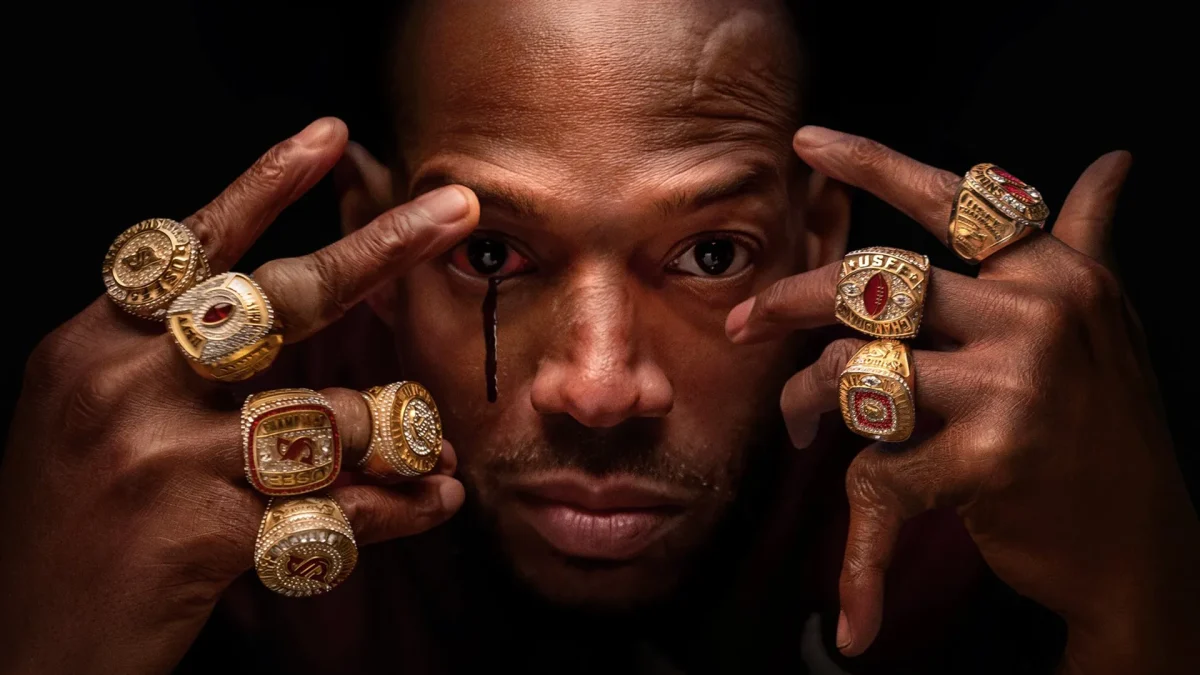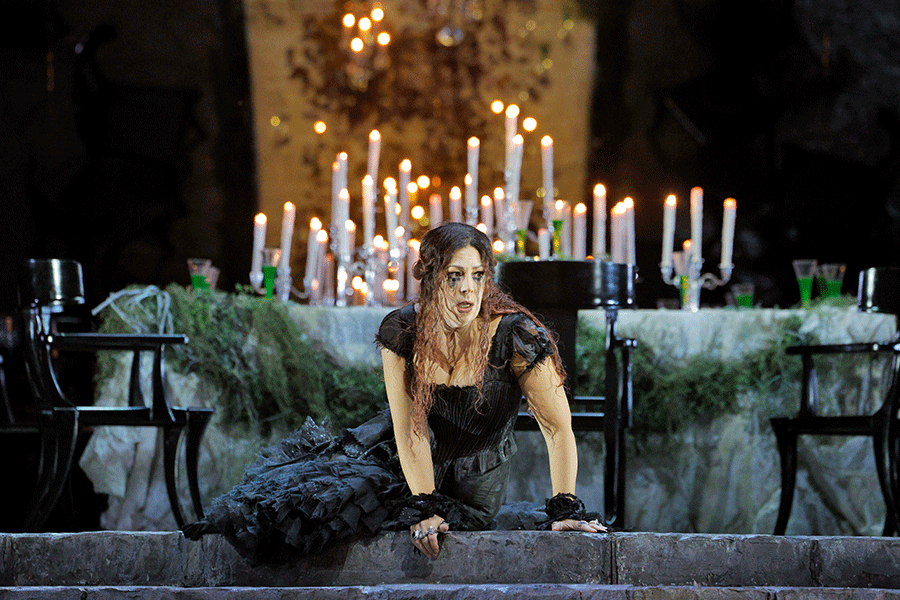

Reed: So, there’s this show on Netflix called Lupin that our family likes, and we just learned it came out with a third season. And after a week of scrambling to watch all seven episodes in time to write this review, Griffin and I have decided…
Griffin: It’s terrible.
Reed: It’s awesome!
Griffin: It’s an unnecessary continuation of a story that wrapped up in the first two seasons! Plus, the relationships between its characters are plainly forced on more than one occasion!
Reed: It’s a twisty, turny televisual roller coaster that develops the characters more! And it gives us a lot to think about regarding the consequences of the protagonist’s actions!
Griffin: Hold on a sec, we better start from the beginning.
Reed: Yeah, because from here, it all gets twisty.
Lupin is based on the Arsene Lupin novels written by Maurice LeBlanc in the early 1900s about the eponymous gentleman thief. In the show, Senegalese-French immigrant Assane Diop (played by Omar Sy) finds himself alone in the world when a wealthy man named Pellegrini frames his father, Pellegrini’s chauffeur, for theft. Assane’s father gave him the Lupin books to read, and as an adult, he uses Lupin’s skills and methodology to outwit law enforcement and get revenge on Pellegrini.
Griffin: Bringing me right to my first complaint: why do we need a third season of this show? By the end of season two, all of Assane’s goals have been met: he’s gotten his revenge on Pellegrini, and brought his family back together along the way. (His wife Claire is played by Ludivine Sagnier, and their son Raoul is played by Etan Simon.) The starting premise of the show has been taken as far as it can go–what’s the point in adding anything more?
Reed: Because now Assane has a new purpose. You see, he hasn’t brought his family back together. In fact, that’s a main throughline of the season, which opens with Assane still on the run from the law for his crimes in the first two seasons. The frenzy of media attention on him has caused Assane’s family to be hounded by journalists, totally disrupting their life and embittering his ex-wife Claire. Now Assane struggles to provide his family with an easier existence. What’s more, we’re introduced to a new member of Assane’s family–his long-lost mother, Mariama.
Griffin: Oh, that’s another thing: where’d his mother come from? Almost nothing in the previous seasons clears the way for her presence in this one, and once she’s on the scene, questions of what she’s doing back in Assane’s life or how she got there are pretty much left to conjecture.
Reed: That’s not true! Mariama is back in Assane’s life by virtue of something that also establishes much of the tension in this season. Somehow, she’s been taken hostage by persons unknown, who use her as a bargaining chip: Assane must undertake robberies at their behest now, if he wants to see his mom alive again. It’s a brilliant justification for the show’s return to its old heist format. And Lupin hasn’t lost its touch–every episode centers around a theft of some kind, with new information and hidden meanings to what we’ve seen before injected at the right moment at the end to reverse our expectations completely. Watching this season brought back the feeling of going “Oh no he didn’t!” that I used to get every episode when we watched it before.
That’s largely because Sy’s Assane Diop is simply a brilliant thief. He can talk his way out of anything without losing an inch of his cool. He thinks three steps ahead of every foe, with a bevy of advanced technology to back him up. Meanwhile, as a Black man in modern France, he skillfully manipulates others’ racism–whether by making people uncomfortable enough to give him what he needs and let him leave, or by playing along with their casual prejudice long enough to get where he needs to be. This gets him inside anywhere from a hospital to the French Minister of the Interior’s office.
Griffin: Maybe so, but during his adventures, several relationship details get flattened-out. Two characters who start feuding in one episode are sitting side-by-side, watching soccer together, in another, as if nothing has happened. Meanwhile, two other characters in a romantic relationship begin the season on the rocks, and end it ready to run away together–despite one of them doing some pretty out-there stuff.
Reed: Well, the romantic couple legitimately rediscover their love for each other over the course of the season, and by the end, they’ve found their way back to each other. The friends are tougher to justify, because we don’t see what brings them back together, but if you can suspend your disbelief, that shouldn’t get in the way too much.
Griffin: Wait, why are we talking about the show so vaguely?
Reed: ‘Cause if people want to know what we’re talking about…they have to watch the show!
Griffin: I think I hear a sum-up coming on…what’s your final take, Reed?
Reed: Take it from us: Lupin, Season 3 will steal your heart as much as it’s stolen ours. Get yourselves to Netflix for plots, schemes and heists galore!









